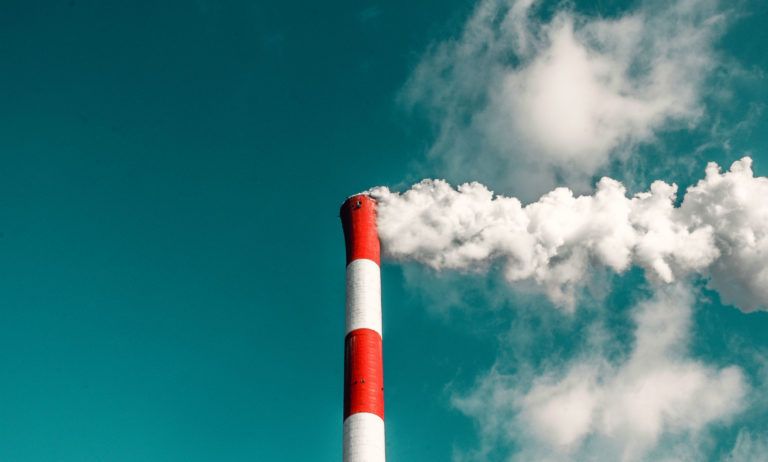
We can’t keep going on the way we’ve been going, losing control of earth atmosphere,” Chairman and Professor of Physics Kenneth Hayes said. “If you love life and care for those who come after you, you have a moral obligation to do what you can to make things right.”
On Nov. 27 at 7 p.m., the Conservation Club and American Enterprise Institute Executive Council sponsored an event that had professors from three departments discuss the issue of Climate Change and possible solutions.
“Given that the statistical evidence for climate change is increasingly undeniable, the question has now shifted from whether the climate is changing at an alarming rate to what measures must be taken to preserve the environment,” Hayes said, reading from an email from Hillsdale AEI Chairman Josiah Johnson. “With that in mind, what can be done from a scientific standpoint to address this issue?”
Through a detailed powerpoint presentation providing various graphs assembled by other scientists and Hayes, he explained how CO₂ was the leading factor in causing climate change.
He emphasized the slope of a graph from a Science Magazine article titled “Observed Arctic sea-ice loss directly follows anthropogenic CO₂ emission” that measured the average sea-ice area for the past 30 years. The slope indicated a negative trend with a slope of four square feet of ice lost per tank of gas (15 gallons). While there are tons of ice still afloat in the Arctic Sea, the levels are on the decline at an alarming rate.
“There’s a lot of numbers being thrown at you, and if this is the first time seeing this, I’m not expecting you to master it,” Hayes said. “But this number is worth remembering.”
“The problem is not engineering or scientific, but getting people to make different choices,” Hayes concluded.
Assistant Professor of Politics Adam Carrington, the second speaker, emphasized the need for climate change to be addressed at the voting booth and through the legislative branch.
“The trouble is when the rubber hits the road,” Carrington said. “There is a difference between saying so and actually stepping up to make a difference.”
Director of the economics program and Professor of Economics Gary Wolfram was the last to speak and expressed the most skepticism towards climate change.
“It’s a significant problem because we don’t really know what’s going on,” Wolfram said. “It could be caused by CO₂ emissions or solar energy changes.”
He explained that the U.S. has reduced natural gas emissions more than any other country, seeking alternatives such as nuclear power and horizontal fracking.
“Which country has the largest CO₂ emissions? China produces 28% of the world’s emissions, followed closely by India,” Wolfram said. “The two countries increased emissions more than US reduced last year. If you don’t get China and India on board, you’re not going to make any progress.”
Wolfram cited the XPRIZE Foundation, which pledges a 20 million dollar prize to a group that could design a way to remove carbon dioxide from the atmosphere and then do something productive with it.
“They will probably end up making a combination of solar power and taking carbon out of the atmosphere to solve climate change,” Wolfram said.
Students overall found Hayes’ arguments to be compelling.
“Since high school, I’ve been a believer in climate change, and my understanding has been increased,” freshman Francis Lucchetti said.

